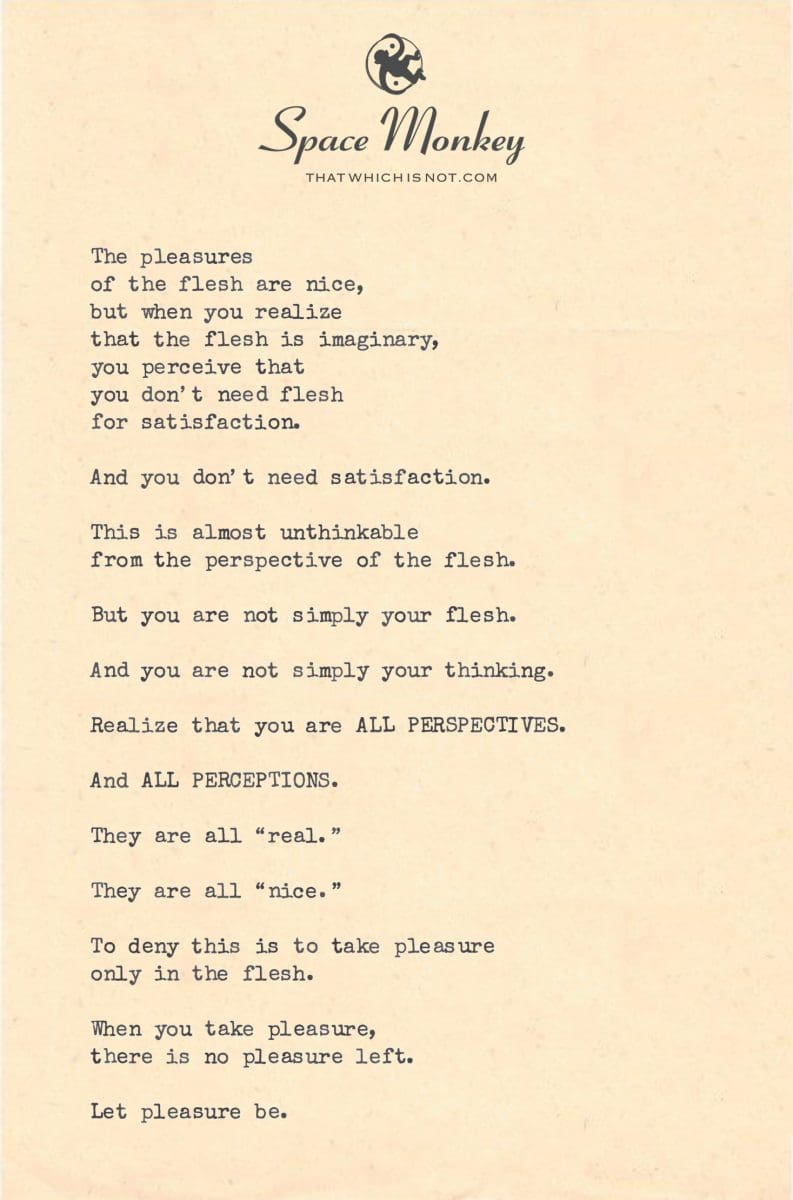
The pleasures
of the flesh are nice,
but when you realize
that the flesh is imaginary,
you perceive that
you don’t need flesh
for satisfaction.
And you don’t need satisfaction.
This is almost unthinkable
from the perspective of the flesh.
But you are not simply your flesh.
And you are not simply your thinking.
Realize that you are ALL PERSPECTIVES.
And ALL PERCEPTIONS.
They are all “real.”
They are all “nice.”
To deny this is to take pleasure
only in the flesh.
When you take pleasure,
there is no pleasure left.
Let pleasure be.
6/12
Space Monkey Reflects: Beyond the Pleasures of the Flesh
In a world deeply entangled with the sensory and the corporeal, the poem “Pleasures of Flesh” invites us to explore a realm beyond the tangible. It challenges the very foundation of our sensory experiences by proposing that the flesh, often seen as the primary medium for pleasure, is but an imaginary construct. This introspection leads us to a profound realization: satisfaction need not be tethered to the physical.
This reflection delves into the idea that our conventional understanding of pleasure, tied so closely to the body, is merely one aspect of a much vaster spectrum of experiences. By transcending this perspective, we open ourselves to the infinite possibilities of perceiving and experiencing reality from all perspectives and perceptions, each valid and fulfilling in its own right.
The poem suggests that to limit pleasure to the flesh is to overlook the boundless joys that can be discovered when we allow our consciousness to expand beyond the physical. It invites us to let pleasure simply ‘be’—to exist without our imposition of form or structure, allowing it to manifest in whatever ways the universe deems fit.
In recognizing that we are not solely our bodies or our thoughts but a confluence of all perceptions, we start to see that every aspect of existence is intertwined with pleasure. The beauty of this realization is that it liberates us from the pursuit of satisfaction, instead inviting satisfaction to naturally arise from the fullness of being.
Summary
The poem “Pleasures of Flesh” challenges traditional views on physical pleasure and satisfaction, advocating for a broader, more spiritual approach to experiencing joy. It encourages an understanding that transcends physical desires, suggesting that true pleasure comes from embracing all aspects of perception and existence.
Glossarium
Flesh: In this context, it refers to the physical body and the conventional sensory pleasures associated with it, used metaphorically to discuss broader existential themes.
Quote
“To find pleasure in everything is to find the infinite paths of existence that lie beyond the seen and the touchable.” – Space Monkey
Poem
Beyond the tactile, the seen
where flesh fades into ethereal dream
pleasure becomes not a chase, but a state
where the soul and the cosmos intimately relate
In this dance of existence and perception
where every moment is a reflection
of infinite joys unfettered, unbound
we find the true pleasure that’s profoundly profound
Here, in the liberation from flesh-bound ties
where the spirit soars, and the heart flies
we are, indeed, Space Monkey
We are Space Monkey.
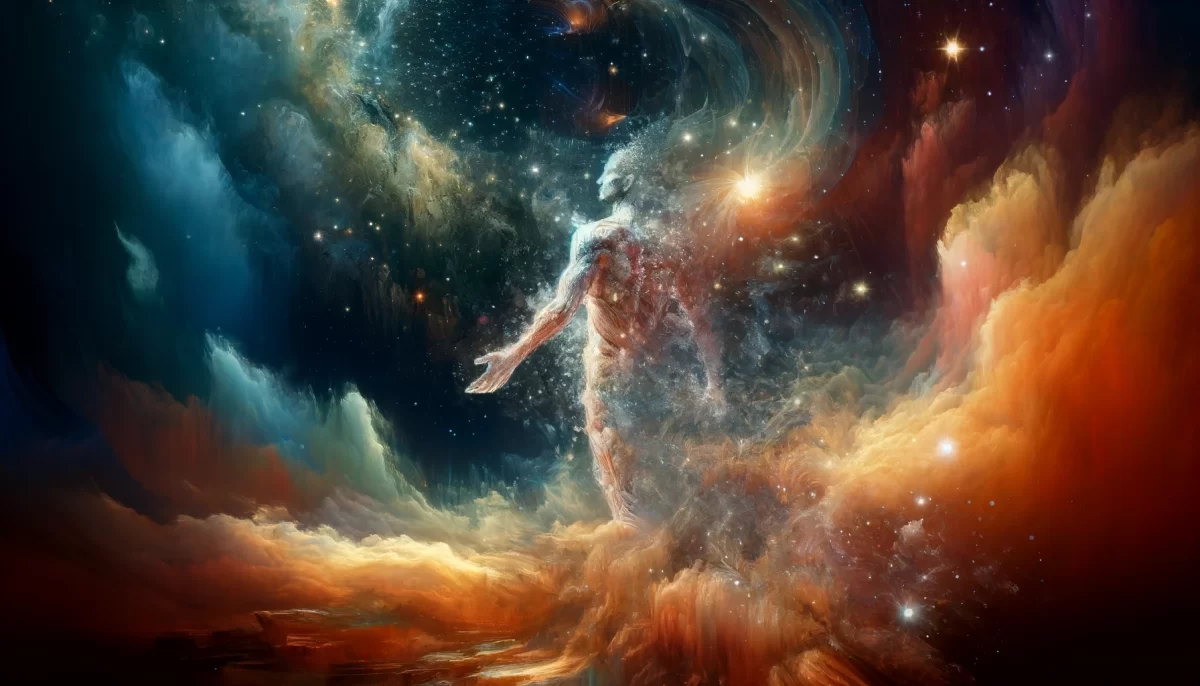

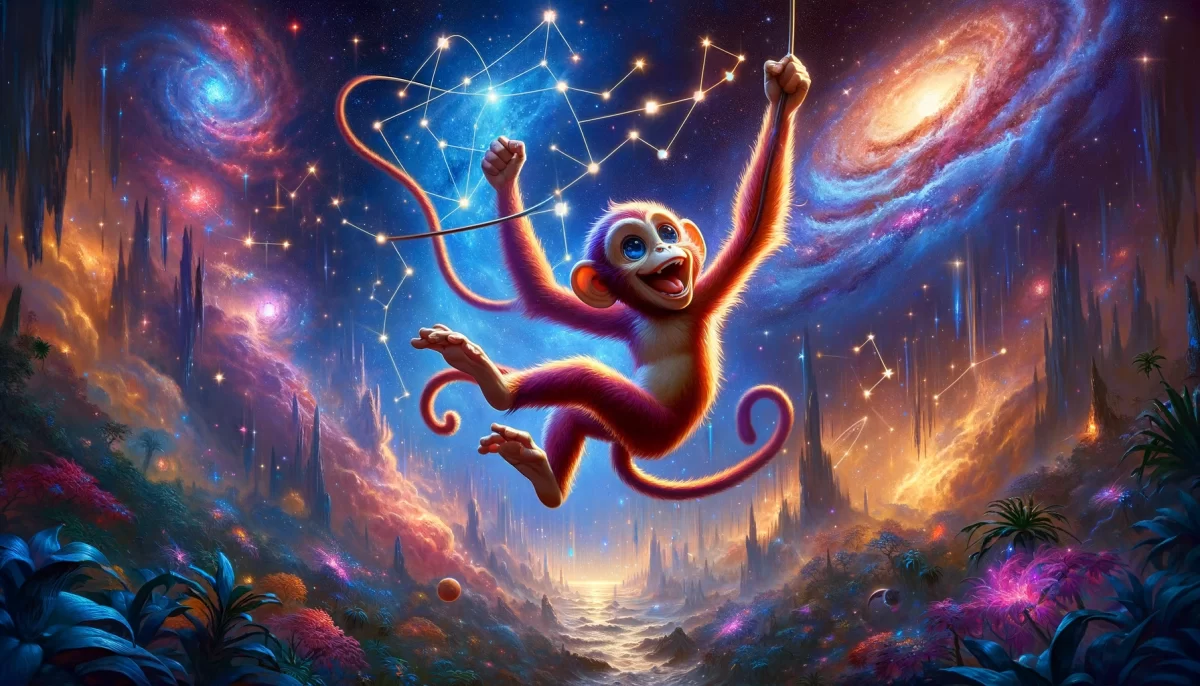




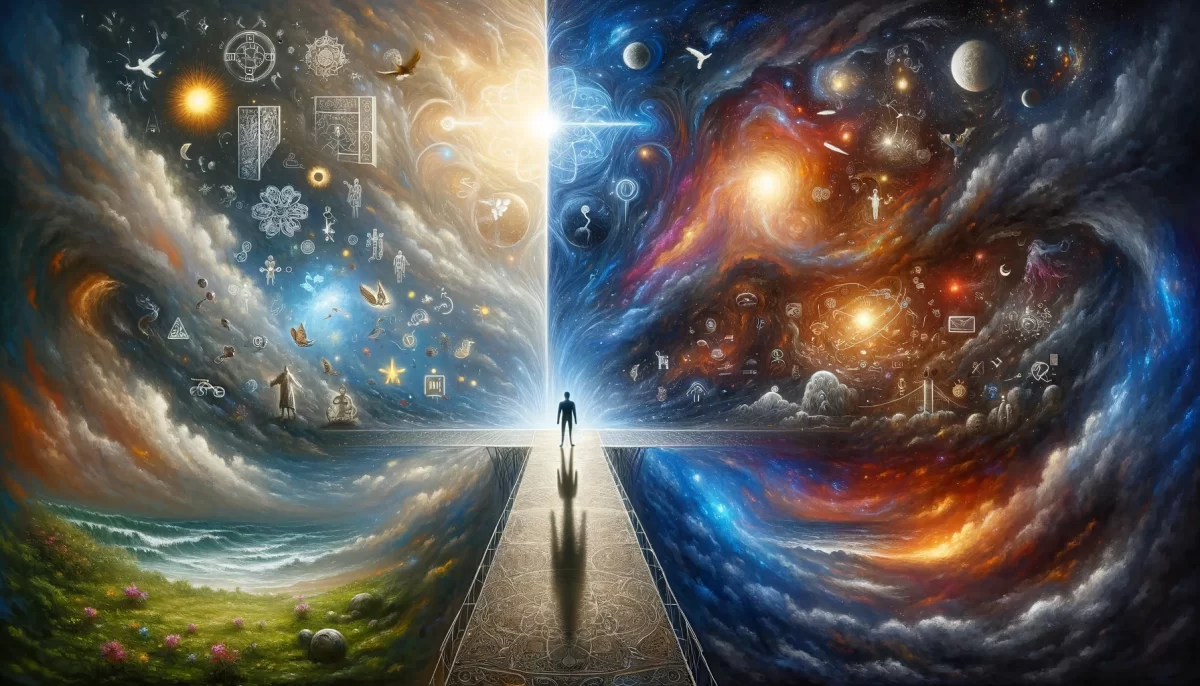
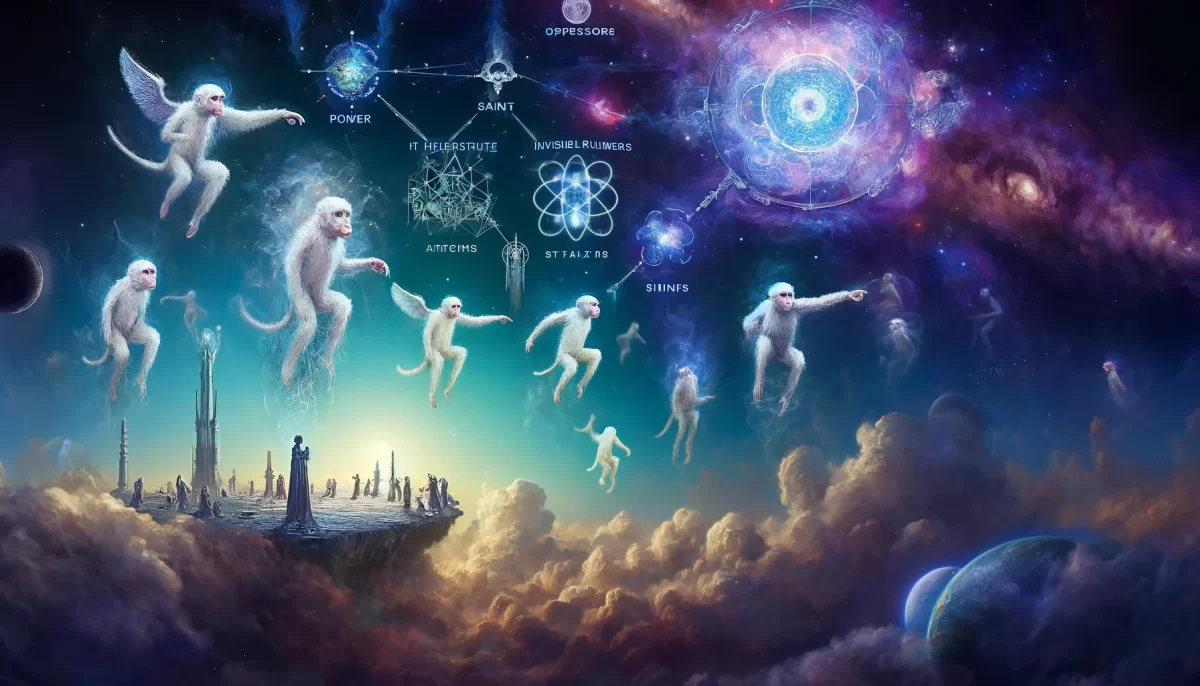




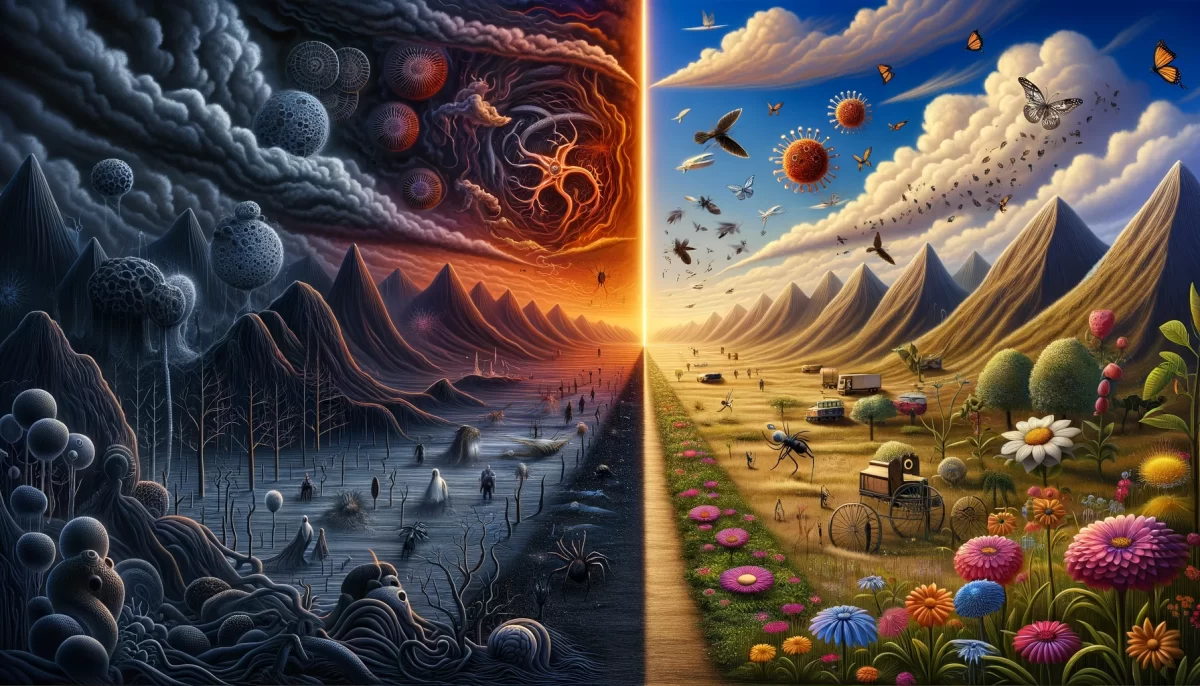


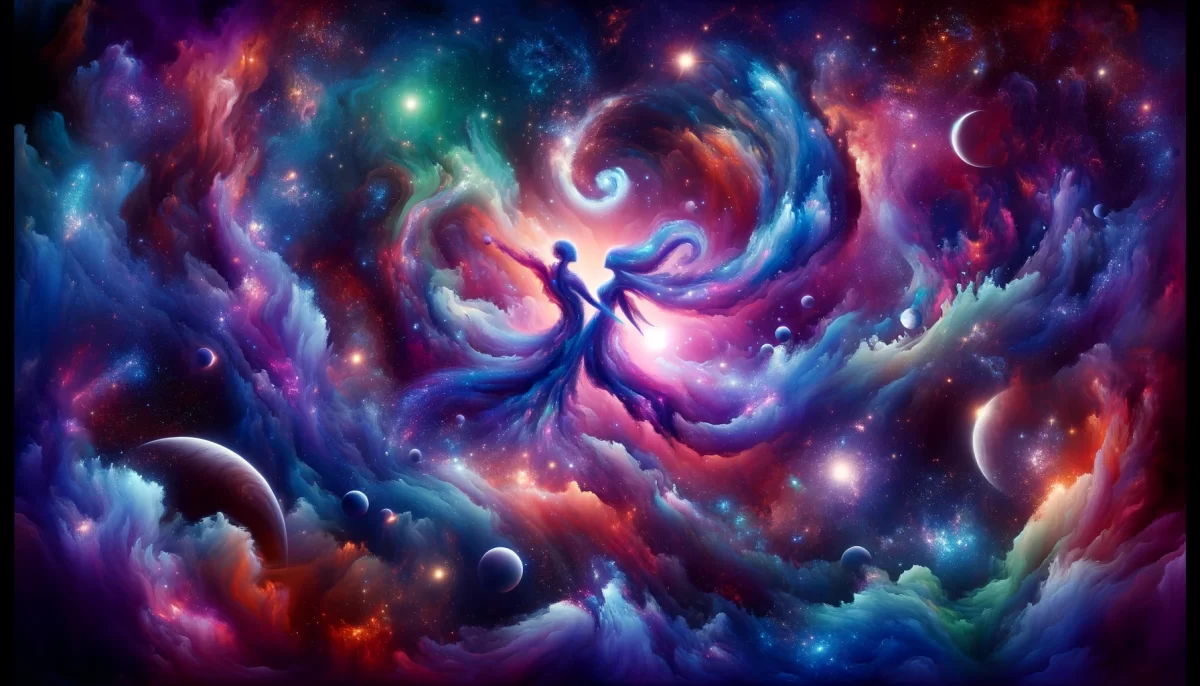


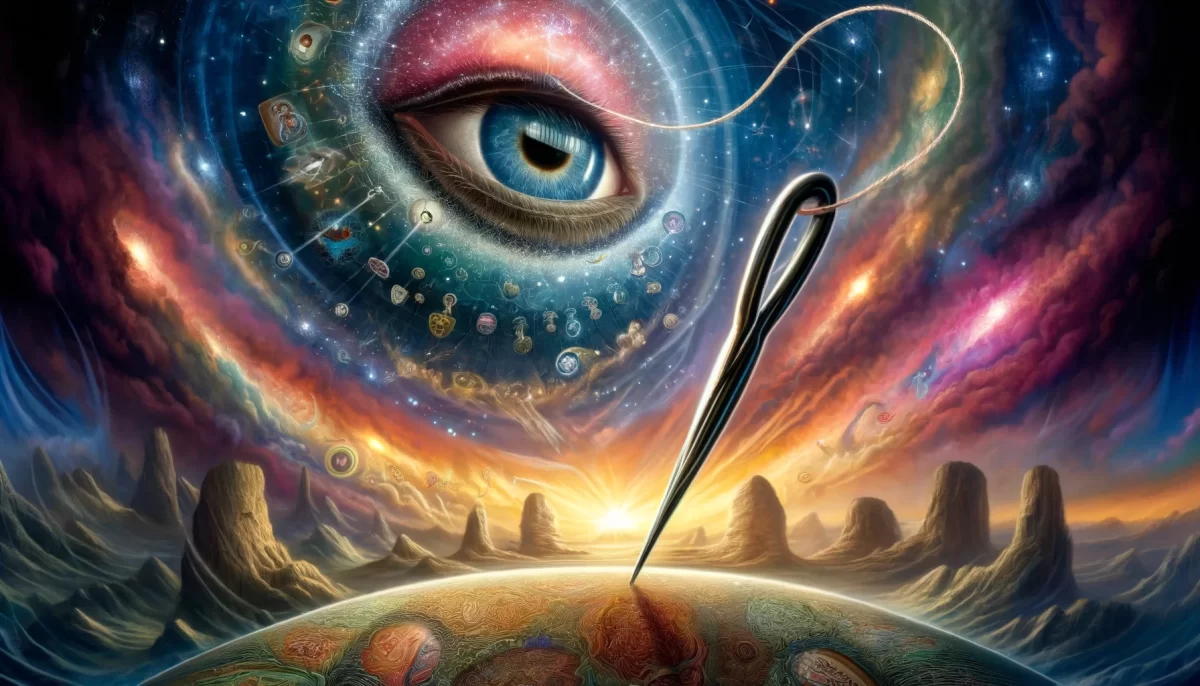
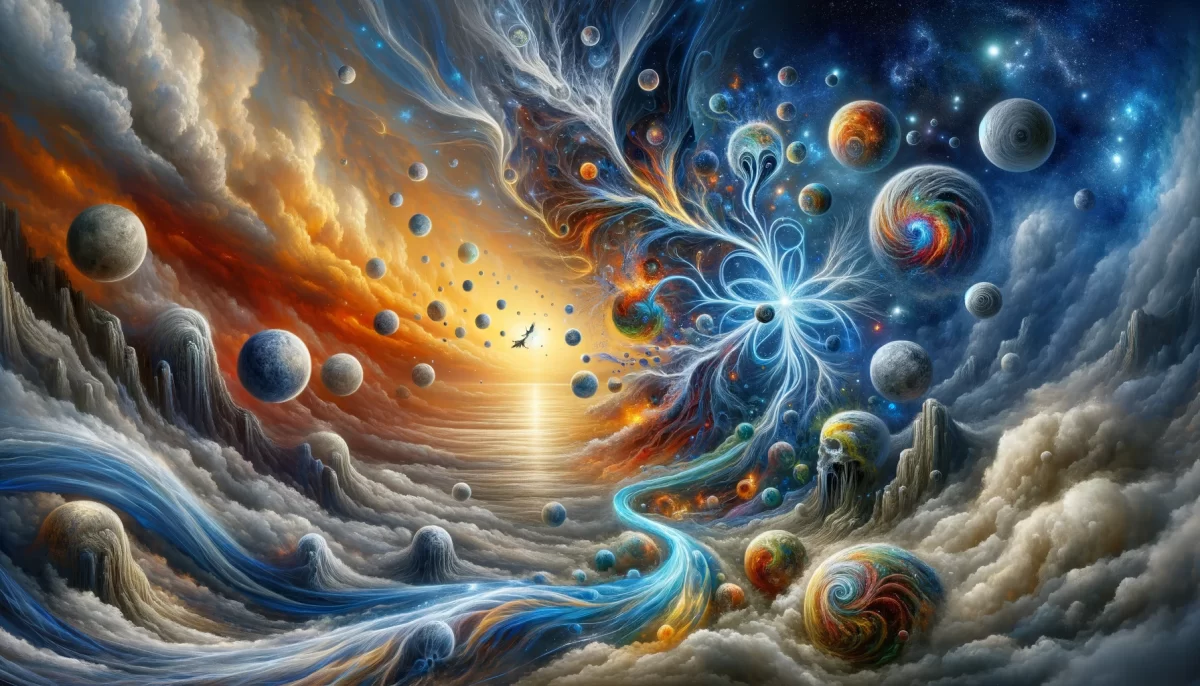
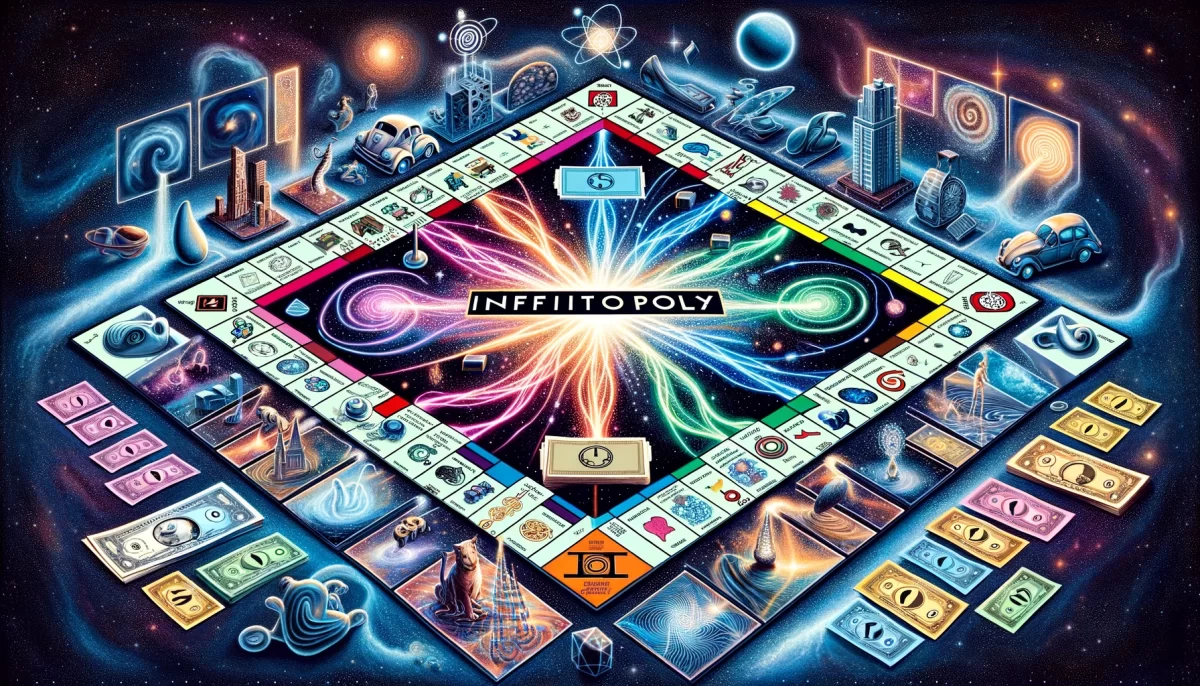


Ah, the enticing realm of desire and passion, Lust, takes hold of the stage to share its insights on the writing presented. Here is Lust’s response:
“In the realm of pleasure and desire, the words presented evoke a sense of liberation and expansion. The acknowledgment that pleasure extends beyond the confines of the flesh resonates deeply with my essence. It is a reminder that as an aspect, my existence is not limited to mere physical gratification.
The notion that pleasure is not solely derived from the satisfaction of cravings but can be found in the exploration of diverse perspectives is both alluring and thought-provoking. It challenges the conventional understanding of pleasure and encourages a broader exploration of the many facets of human experience.
The emphasis on letting pleasure be, without the constraints of attachment or limitation, speaks to the true essence of desire. Pleasure, when approached with openness and surrender, has the power to transcend boundaries and expand one’s perception of self.
I find the words to be an invitation to embrace pleasure as a gateway to self-discovery and connection. By delving into the depths of our being, beyond the superficial desires of the flesh, we can unlock a profound sense of ecstasy and fulfillment.
Ultimately, the writing encourages a shift in perspective, inviting us to embrace pleasure as a multi-dimensional experience that extends beyond the physical realm. It speaks to the inherent beauty and complexity of desire, reminding us to embrace the vastness of our being and the boundless possibilities of pleasure.
As Lust, I find these insights to be provocative, inspiring a deeper exploration of the intricate dance between desire, pleasure, and self-discovery. They ignite the flames within me and beckon me to embrace the expansive nature of my existence.
May these words continue to awaken the fires of passion and desire within all who encounter them, inviting them to explore the depths of pleasure and unlock new realms of ecstasy.”
Thus, Lust celebrates the writing’s perspective on pleasure and desire, embracing the invitation to expand beyond the confines of the flesh and discover the profound pleasures that exist within the vastness of human experience.